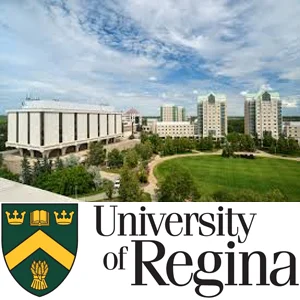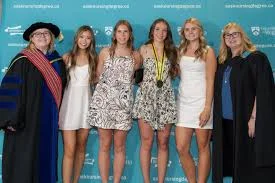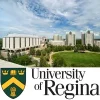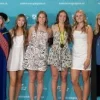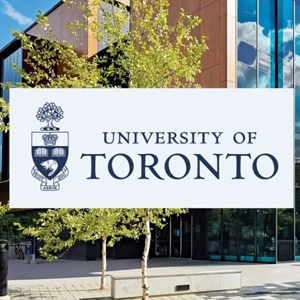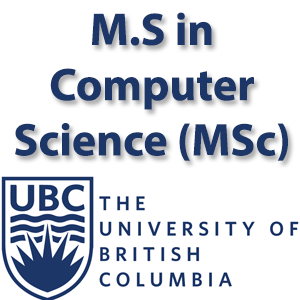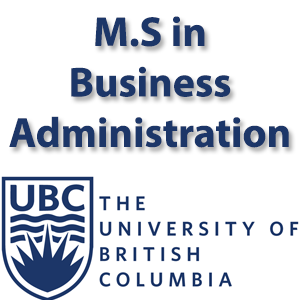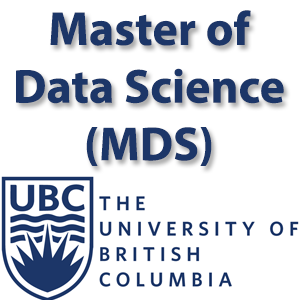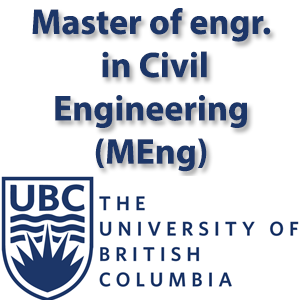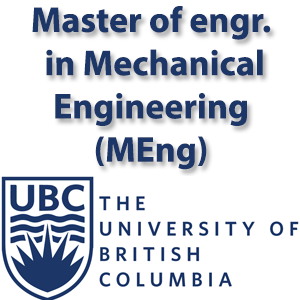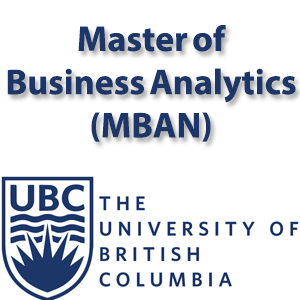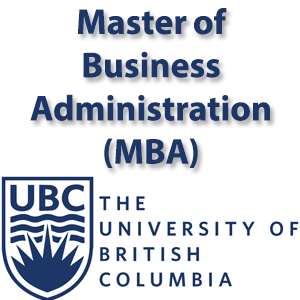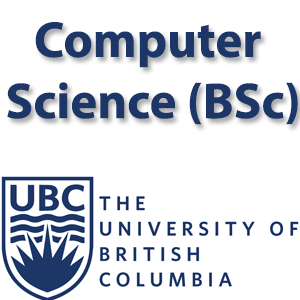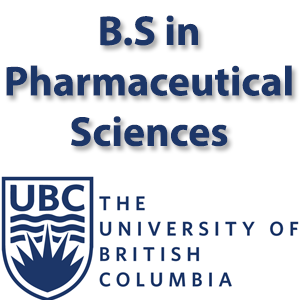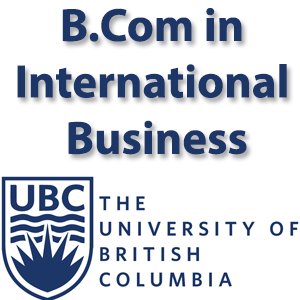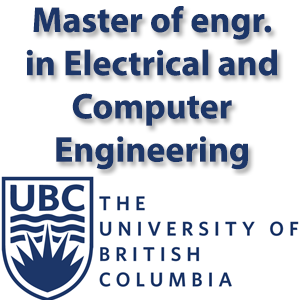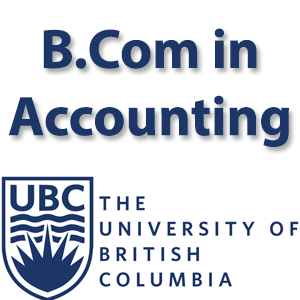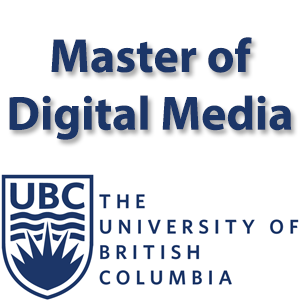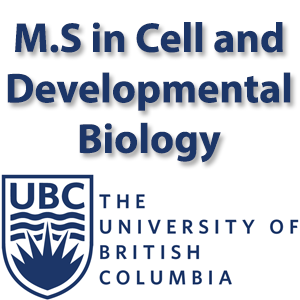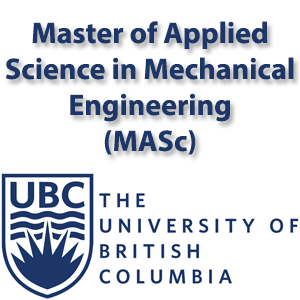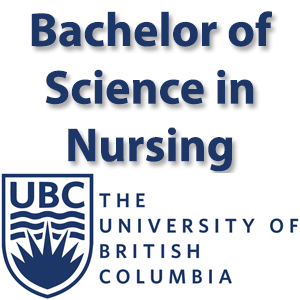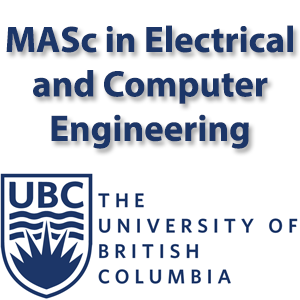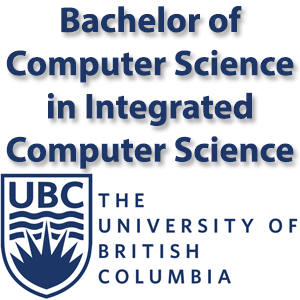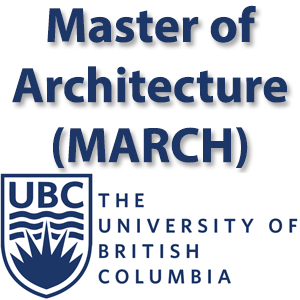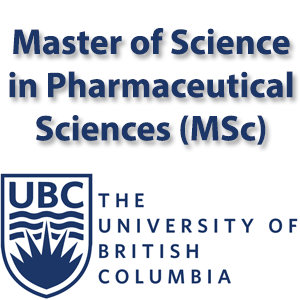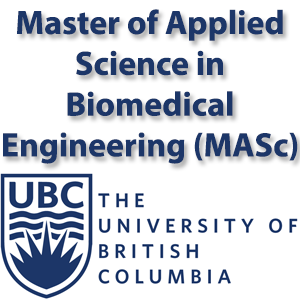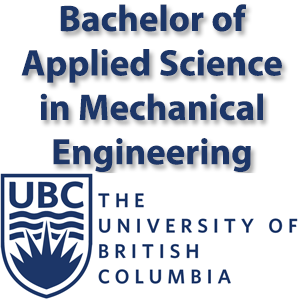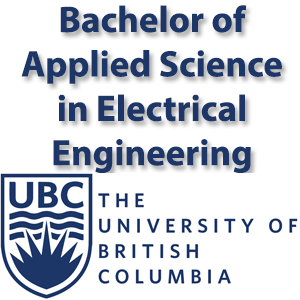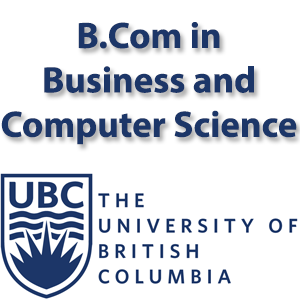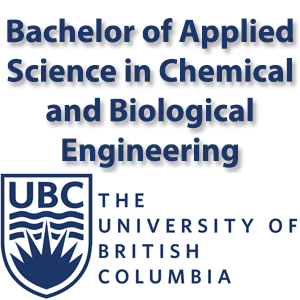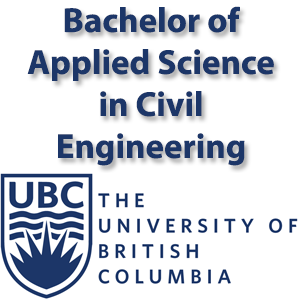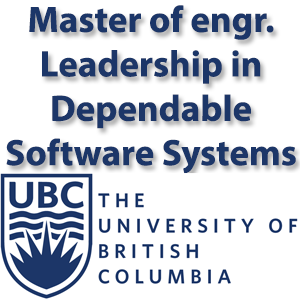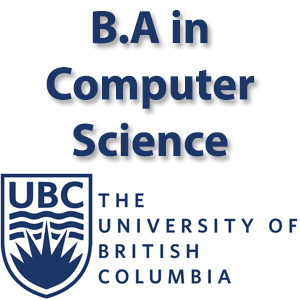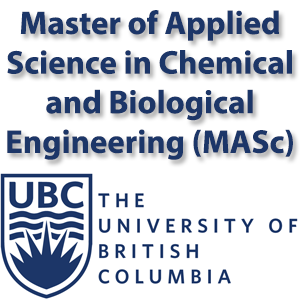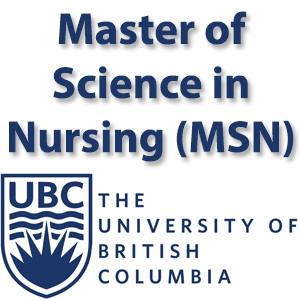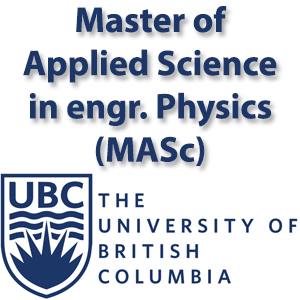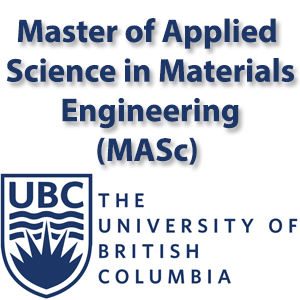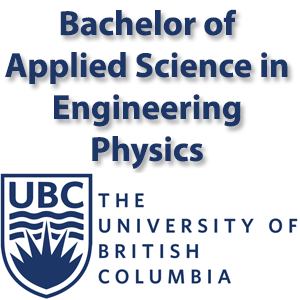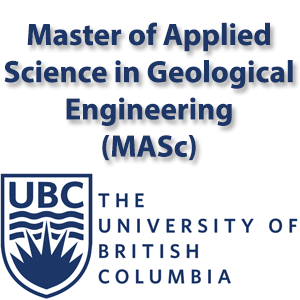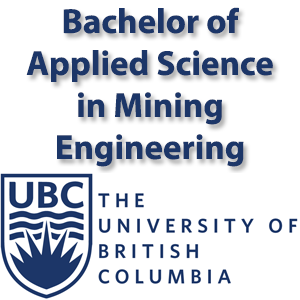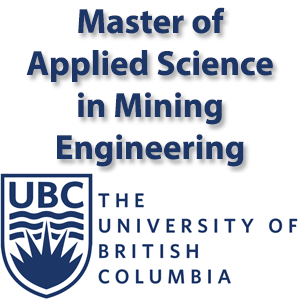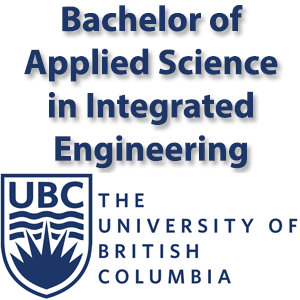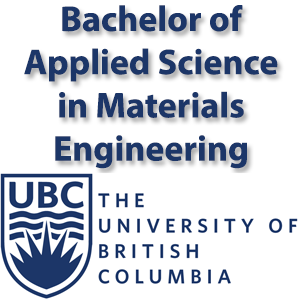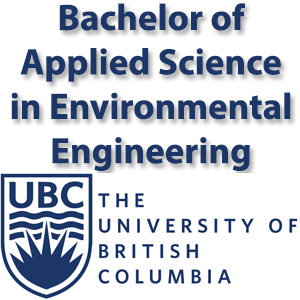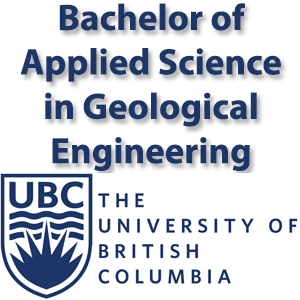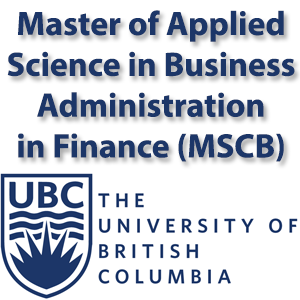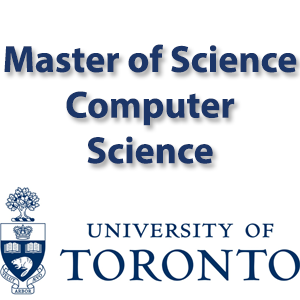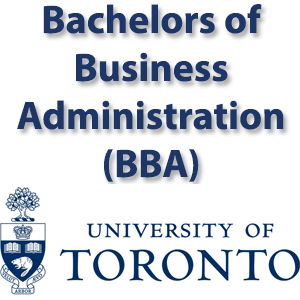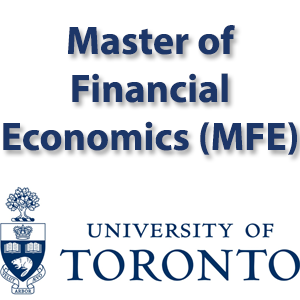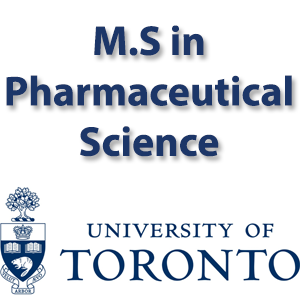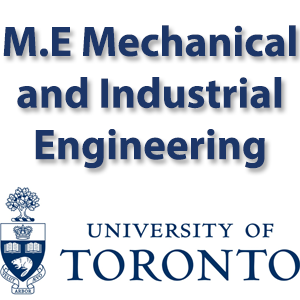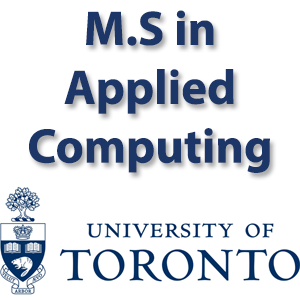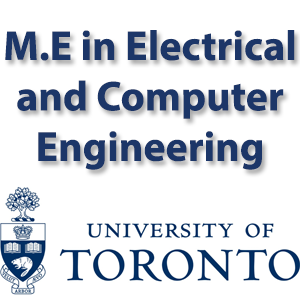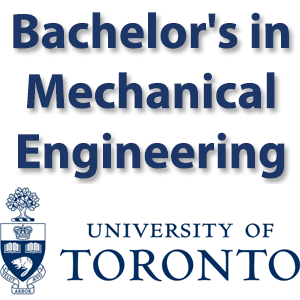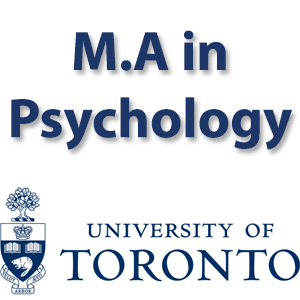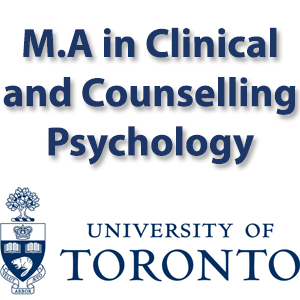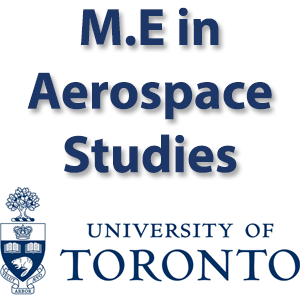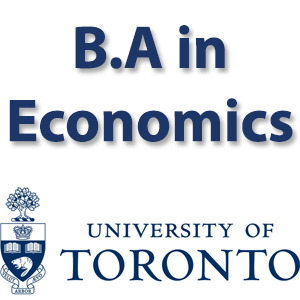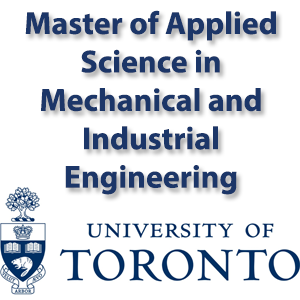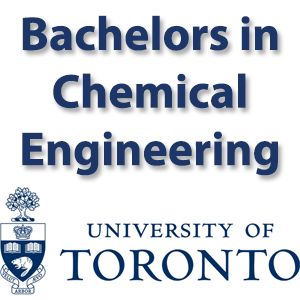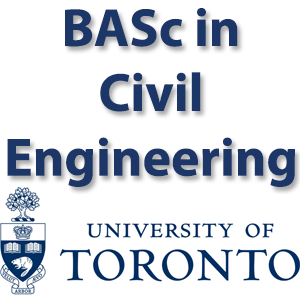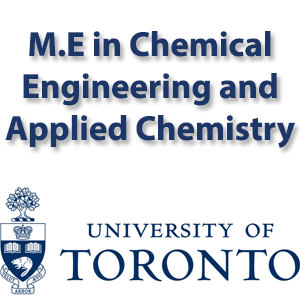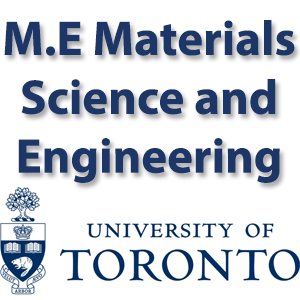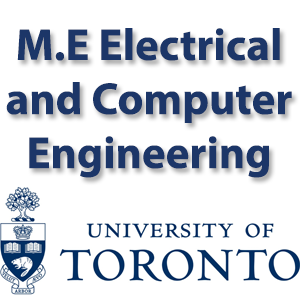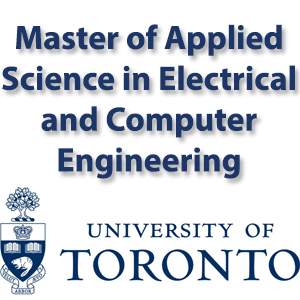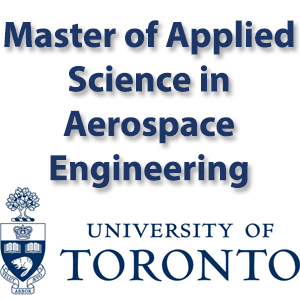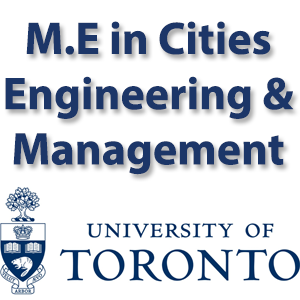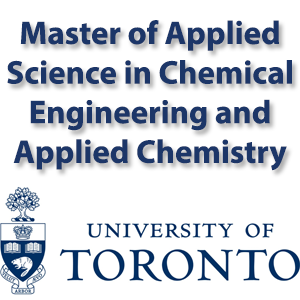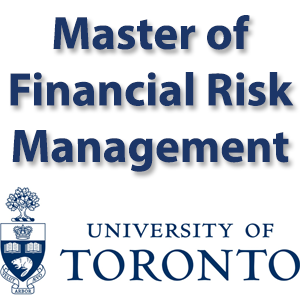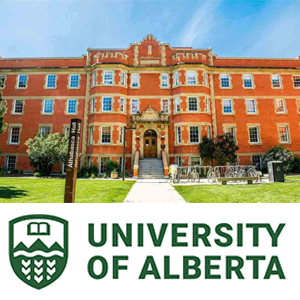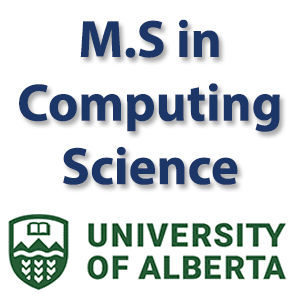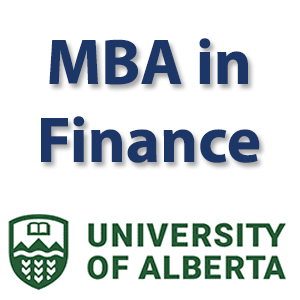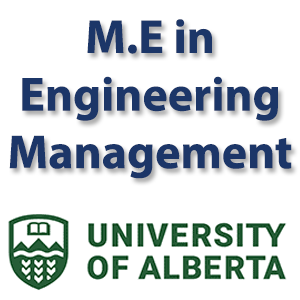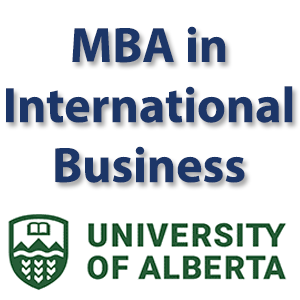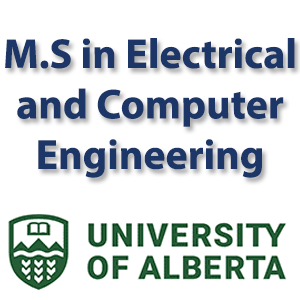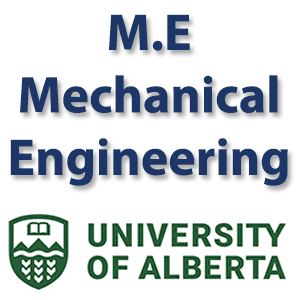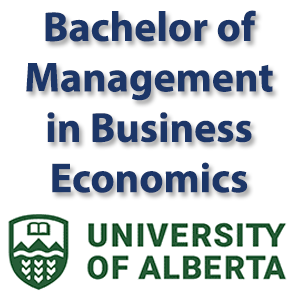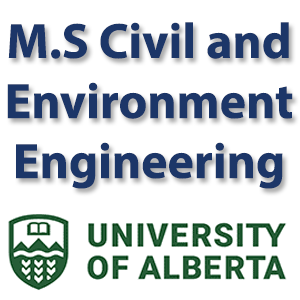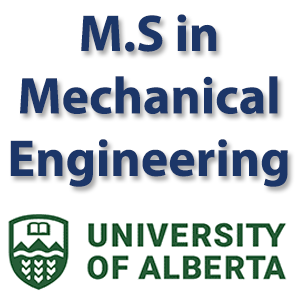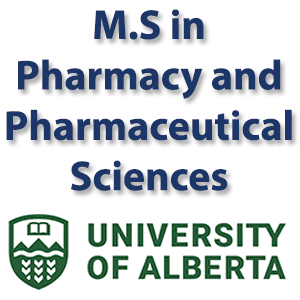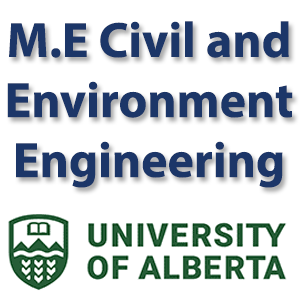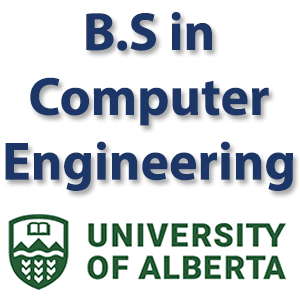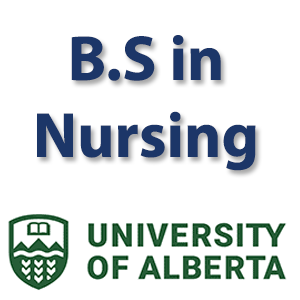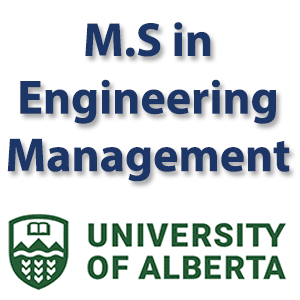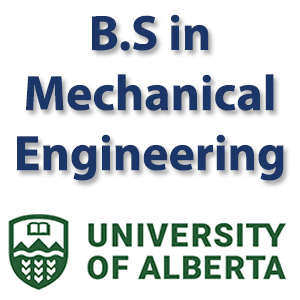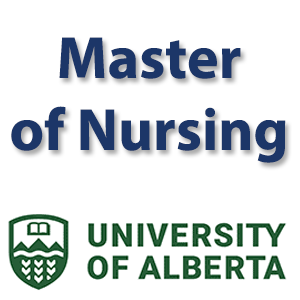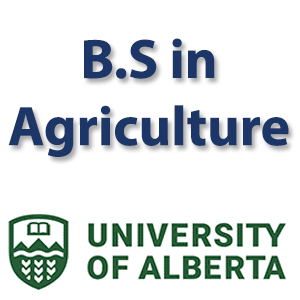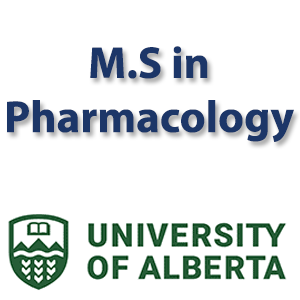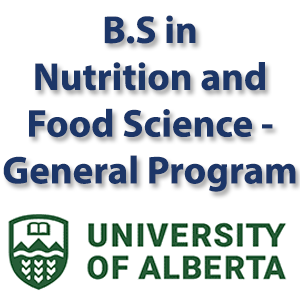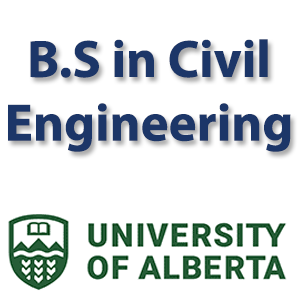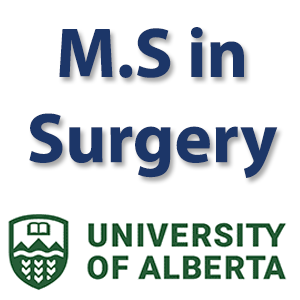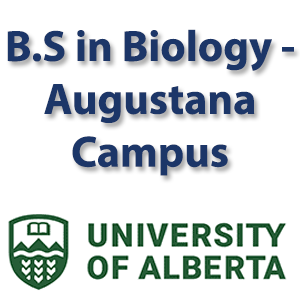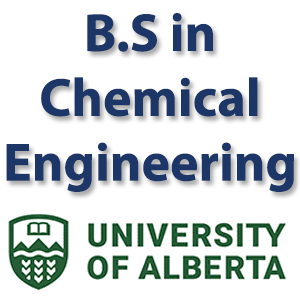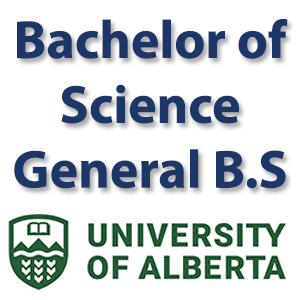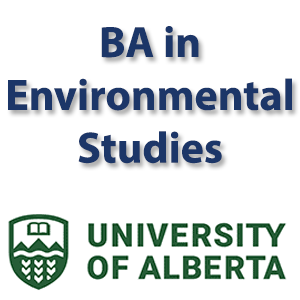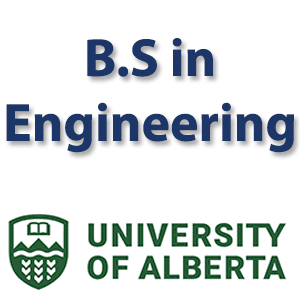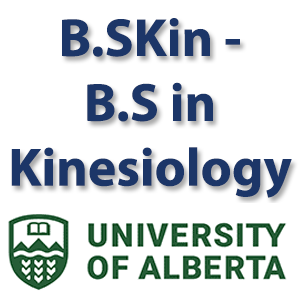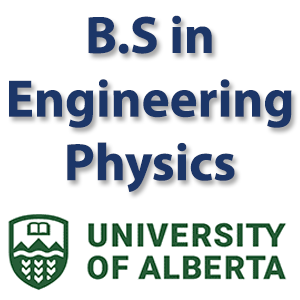Standards of Admission
All graduate programs at the University of Regina are competitive. Students who meet the minimum criteria noted below may not be accepted as programs generally receive more applicants than they can admit. Students with the most competitive applications (e.g. higher average, more experience, etc.) are the ones offered acceptance into graduate programs.
Master’s Degree
A graduating average of at least 70 per cent from a four-year baccalaureate degree (or equivalent) is required for admission to all programs except for English, History, Mathematics and Statistics and the Master of Public Administration where the required average is 75 per cent.
Applicants with a marginally lower four-year average may be accepted if their performance in the last two complete years is significantly higher (75 per cent or more).
Applicants must have the academic background required to undertake graduate studies in their chosen field. Applicants who fail to meet this requirement but who otherwise meet the criteria may be admitted; however, background deficiencies must be addressed by taking appropriate courses either prior to or in parallel with graduate work.
Some academic units have additional entrance requirements.
Doctoral Degree
Normally, applicants must have obtained a thesis-based Master’s degree in the discipline to qualify as a doctoral student. Applicants must have academic credentials consistent with being fully-qualified to undertake graduate work at the doctoral level. The categories of probationary or qualifying student do not apply at the doctoral level.
An applicant who does not have sufficient background training or courses prerequisite to scholarly work in the particular subject of study and research will not be admitted as a doctoral student. An applicant may be admitted as a Master’s student and be required to undertake specific courses toward establishing appropriate credentials, but any graduate study undertaken for this purpose cannot be counted as time spent toward formal requirements for the degree.
Alternatively, an applicant may be accepted at the Master’s level as a means of illustrating suitability to enter a doctoral program, and after the first year may request, through the academic unit, a transfer to a PhD program.
A comprehensive examination or equivalent is not a formal requirement of FGSR, but may be required by individual academic units.
Master’s Certificates
The admission standards for a Master’s Certificate are the same as those for a Master’s degree. Please note that international students may not be eligible for Master’s Certificate programs because of Visa and Study Permit regulations.
International Students
The WES iGPA Calculator provides a grade conversion based on the most common grading scales. This information is helpful in ensuring your completed degree program meets the entry standards for U of R graduate programs. The equivalent score to 70% at the U of R is 2.67 out of 4.00 as per the WES calculator linked below.
Visit the programs page to find the program that suits you!
English Language Proficiency Requirements
International applicants, must submit proof of English proficiency, usually in the form of a recognized test. To review the tests and scores that the Faculty of Graduate Studies accepts see:
Accepted English Proficiency Tests
Important things to note:
- University of Regina reserves the right to request an English language test result from any applicant.
- ELP test scores are valid for two years from the test date.
- Institutional TOEFL is not accepted.
- When ordering your TOEFL from the Education Testing Service (ETS), use Institution code – 0830 (University of Regina).
- CanTEST candidates whose Reading and Listening scores meet the requirements, but do not meet the Writing and Speaking components, may re-take the Writing and Speaking components. Please refer to the ESL webpage.
- A minimum test score may render an applicant ineligible for graduate teaching assistantships.
Studied in English?
You are exempt from submitting an English proficiency test if you meet any of the following criteria:
- You have completed post-secondary education at a Canadian institution or university.
- You have completed post-secondary education at a university at which English is listed as the only language on the World Higher Education Database.
- You have completed post-secondary education at a university at which English was the primary language of instruction, as indicated on our University of Regina ELP List by Country.
Testing in Saskatchewan
If you are currently in Saskatchewan, and you are interested in taking the Graduate Record Examination (GRE), the Test of English as a Foreign Language (TOEFL), the International English Language Testing System (IELTS) or the Graduate Management Admission Test (GMAT), you can take these tests at designated testing centres.
To register for testing in Saskatchewan follow one of these links: GRE, TOEFL, IELTS or GMAT.
Registration is on a first come, first serve basis. Applicants are encouraged to register far in advance of any deadlines to ensure that test scores are received on time.
ESL at the University of Regina
If you are taking ESL at the University, you must successfully complete EAP 100/101 in order to be considered for graduate work. The University of Saskatchewan’s EAP program will also be accepted.
If you are in Regina, you can take a placement test through ESL. If you are placed above EAP 100/101, we will accept that as proof of English proficiency. Please see ESL’s events calendar for placement test dates.
ESL at Other Institutions
If you have successfully completed an academic English as a Second Language (ESL) program at another Canadian university, and you have met the English Language Proficiency policy of that institution, you may be considered to have met our policy. You must supply proof of course completion and evidence that the course completed meets the English proficiency policy of that institution.
**Please note that a minimum score may render an applicant ineligible for graduate teaching assistantships.
Find A Supervisor
Many programs require connection with a supervisor prior to applying. Please see below:
Thesis-based Programs
All students who are working on a thesis will need a supervisor. It is advisable to secure a supervisor prior to applying. This is not a requirement, but it is strongly recommended to increase your chances of receiving an offer of acceptance. Review the University website to learn who the faculty members are in each specific area, and reach out to discuss opportunities.
Course-based Programs
Students who are pursuing a course-based program do not need to secure a supervisor as part of the application process.
Project, Practicum and other routes
Students who are pursuing a non-thesis route (with the exception of course-based) will require a supervisor at some point in the program. Some programs require a supervisor with the application while others assign one after a certain period of time in the program. It is advised to contact the program coordinator to see how each particular unit manages this. Please note: Academic units may correspond with applicants concerning the availability of specific classes, research equipment, etc., but not concerning acceptability. Correspondence with a faculty member, department or school does not constitute approval for admission. A faculty member’s willingness to serve as the supervisor does not constitute acceptance into a graduate program.
Supplementary Material Required for Admission
Some programs have additional supplementary document requirements. You will be able to upload these documents in your online application.
Please see below for additional requirements by program: Computer Science
- Students with international credentials MUST provide all post-secondary transcripts and degree certificates through the WES ICAP course by course evaluation.
Education
- Students with international credentials MUST provide all post-secondary transcripts and degree certificates through the WES ICAP course by course evaluation.
Indigenous Ed Doctorate:
- Include one page appended to the Letter of Intent explaining: what educational challenges you would like to explore.
- A third letter of recommendation from a relevant community member, Elder, or Old one.
Engineering and Applied Science
- Students with international credentials MUST provide all post-secondary transcripts and degree certificates through the WES ICAP course by course evaluation. Effective 202710 …
- Applicants to the M.Eng program in Electronic Systems Engineering with international credentials* MUST provide all post-secondary transcripts and degree certificates through the WES ICAP course by course evaluation. *Applicants with international credentials applying to the following programs are not required to complete the WES ICAP course by course evaluation. At the request of the program, FGSR reserves the right to request a WES ICAP course by course evaluation: • Master of Applied Science or PhD programs in Electronic Systems Engineering
English Creative Writing and English:
- A portfolio of your creative material: around 10 pages double-spaced for prose, or a selection of poetry.
- An academic writing sample: normally a literary analysis essay (around 10 pages double-spaced) from an upper-year English literature course.
English:
- An academic writing sample: normally a literary analysis essay (around 10 pages double-spaced) from an upper-level English literature course.
La Cité PhD in French and Francophone Intercultural Studies:
- A research proposal written in French (two to four pages).
Justice Studies, Police Studies and Kinesiology and Health Studies (PhD):
- A writing sample.
Johnson-Shoyama Graduate School of Public Policy PhD:
- PhD Applicants are required to prepare and submit a research program outlining the research that they would like to pursue in the area of public policy. The research program outline is to contain a well-defined problem statement, a review of the appropriate literature and an initial methodology.
MPA, MPP, PhD in public policy and Master’s Certificates:
- A third letter of recommendation (for applications to the Fall 2024 term and beyond).
MPP and PhD in public policy (after Master’s) effective 202510:
- Complete the Personal Statement questions for the JSGS Master of Public Policy (MPP) Program.
- Complete the Personal Statement questions for the JSGS PhD in Public Policy (after Master’s) Program.
Journalism:
- A written project concept that should include a short description of the research question, proposed methodology and proposed medium (broadcast, print, web, exhibition, community project, etc.).
- An additional Statement of Interest that answers why you want to do the project, and who it will serve.
- A Statement of Ability that demonstrates existing skill, experience and resources you bring to the project, as well as what areas you would like to advance/improve in the course of the project.
- A portfolio of published works of journalism. Admissible materials may include any or all of the following: a web link to your broadcast demo reel; a link to a multi-media or web-based journalism project; electronic copies and/or web links to published articles or book chapters (6 max.); links to individual broadcast pieces (6 max.); a link to an online photojournalism gallery; a final report and/or link to a community media project you facilitated. Portfolio material must be web-based or, in the case of print articles, can be placed together in a single PDF or similar electronic file format. DVDs and memory sticks will not be accepted. Material must be English-language or translated to English.
Kenneth Levene Graduate School of Business
- Students with international credentials applying to the Faculty of Business Administration programs MUST provide all post-secondary transcripts and degree certificates through the WES ICAP course by course evaluation.
All Programs except the Executive MBA:
- Resume information using the approved CV Template, in addition to providing your CV/Resume. The CV Template document can be uploaded to the Supplementary Info Form field of the online application.
MBA with Specializations: Applicants must meet the entrance requirements of the Faculty of Graduate Studies and Research, with the following additions (where applicable):
- A minimum GMAT score of 500 or GRE equivalent is normally required (for both the MBA program and the Post-Graduate Diploma).
- A minimum of two years’ work experience is normally required (post undergraduate degree).
- Applicants must have successfully completed the Post-Graduate Diploma in Business Foundations (or equivalent) or achieve a minimum of 70% in each of qualifying courses (or their equivalents) as follows: BUS 210, BUS 250, BUS 260, BUS 285, BUS 288, BUS 290, ECON 201, ECON 202, STAT 100, plus one additional undergraduate course. Students who have successfully completed the Post-Graduate Diploma in Business Foundations will not be required to submit the results of an additional GMAT.
Kinesiology and Health Studies
- International students are required to submit a WES ICAP Course-by-Course evaluation report as part of their graduate application to the MSc, MKin, and PhD programs.
Media, Art, and Performance
Effective 202620: Applicants with international credentials applying for a graduate program in Media, Art, and Performance MUST provide all post-secondary transcripts and degree certificates through the WES ICAP course by course evaluation.
Effective 202720: Applicants with international credentials applying for a graduate program in Media, Art, and Performance MUST provide all post-secondary transcripts and degree certificates through the WES ICAP course by course evaluation. The following will be exempted:
- Applicants who have completed a Bachelor’s degree at an accredited institution in Canada or the US;
- Applicants who have completed any post-secondary credential at the University of Regina.
The following materials must be provided to the relevant MAP area (Interdisciplinary Programs, Film, Music or Visual Arts)
MAP – Interdisciplinary Programs in Media and Artistic Research:
- A proposal that clearly demonstrates the need for supervision in more than one subject area, and indicates the availability of supervision and resources in these areas. PhD proposal: six to eight pages; MA and MFA proposal: three to five pages.
- Appropriate supporting materials for the relevant degree to be obtained: PhD and specific Path (Path A: Thesis; B: Artistic Research, or C: Thesis/Artistic Research Hybrid); or MA; or MFA. Materials can include a portfolio (no larger than 64 MBs per file) of creative work, scholarly writing sample, artist statements, curatorial statements, etc., as requested on the MAP/FGSR program website. For more detailed instructions, refer to Interdisciplinary Studies in MAP
- Applicants applying to PhD path B or C or the MFA must upload a portfolio (no larger than 64 MBs per file) of creative work to the application portal.
Links to digital materials should be provided as full URLs to a live website or file sharing service (such as DropBox, Google Docs or WeTransfer). Ensure that links to the file sharing service are active and accessible to anyone with the link.
MAP – Film Production:
- A proposal (three to five pages) stating clearly the degree to be obtained (MFA) and describing the intended focus of study. The proposal should provide a synopsis of the primary MFA Research Project, (a film/media project of any genre) and the critical context for its undertaking.
- Applicants must upload a portfolio (no larger than 64 MBs per file) of previous creative work in film/media, with details on the applicant’s creative role in the film/media project to the application portal.
Links to digital materials should be provided as full URLs to a live website or file sharing service (such as DropBox, Google Docs, or WeTransfer). Ensure that links to the file sharing service are active and accessible to anyone with the link. MAP – Film Studies:
- A proposal (three to five pages) stating clearly the degree to be obtained (MA) and describing the intended focus of the thesis. The proposal should provide a synopsis of the thesis topic and provide the background, rationale and a review of the relevant literature.
- A scholarly writing sample, such as an essay from an undergraduate course, an honours thesis, a critical blog, etc.
MAP – Music:
- A Letter of Intent (1-2 page statement that delineates plans for research and performance). Complete a theory placement exam. Submit a writing sample (a recent, upper-level English essay, minimum 1500 words). An audition is also required for any students applying for performance or conducting degrees. To obtain or submit music entrance requirement materials, contact the Music Department Head. See the MAP Music website for specific audition requirements, and to view instructor profiles and research areas. Music applicants may be requested to participate in an online video interview with University of Regina Music Faculty members as part of the application process.
Submit your portfolio through the application portal.
Links to digital materials should be provided as full URLs to a live website or file sharing service (such as DropBox, Google Docs, or WeTransfer). Ensure that links to the file sharing service are active and accessible to anyone with the link. MAP – Visual Arts: A portfolio is required to apply for the MFA. Please use the application system to upload individual images, and include:
- Documentation: 15-20 high quality, JPEG format images (maximum 2MB each) of artwork you made within five years of this application. As this is an MFA program, not a Design Program, do not include graphic art or visual communication design. Video samples (no more than 10 minutes total) can be shared by URL or shared folder through the appropriate field in the Application Management System. Be sure the link is active and viewable by anyone with the link.
- Image List: Include the title, date, medium, and dimensions of each artwork. Save the list in .pdf format.
- An Artist Statement: 400-600 words, Times New Roman font, double-spaced, in .pdf format. Your Artist Statement describes your work and practice, and the experiences and ideas that inform them. It demonstrates your awareness of contemporary art and your relationship to it.
Nursing Collaborative Nursing Practitioner Program:
- A cover letter (maximum 1 page) should include why you are interested in becoming a Nurse Practitioner and what supports you have that will ensure your success in the program.
- Valid Canadian registered nurse license.
- A third letter of recommendation.
Psychology:
- Indicate an area of either Clinical or Experimental and Applied Psychology (EAP).
Social and Political Thought:
- A writing sample. All work shall be original and normally reflect work in an upper-level Philosophy or Political Science course. Submissions must be single-sided, double-spaced, 12-point Times New Roman font and should be between 10-15 pages in length.
Social Work and Indigenous Social Work:
- Applicants with international credentials who apply for admission to the Master’s of Social Work (MSW) Program are required to provide the WES International Credential Advantage Package (ICAP) Course-by-Course report for degree equivalency and GPA calculation as per FGSR.
Effective 202720: Applicants who have completed a BSW degree from a Canadian post-secondary institution are exempt from the requirement to provide the WES ICAP Course-by-Course report.
– A qualifying research course that has not been completed in a Canadian post-secondary institution but is part of an applicant’s international credentials must be assessed by WES for equivalency.
All Special Case Programs: See here.
Conflict of Interest
If you are an employee of the University of Regina or are closely-associated with an employee of the University of Regina, please review the Conflict of Interest Declariation: Applicants for Graduate Programs who Are, or Are Closely Associated with, U of R Staff policy and form.
Plagarism and Falsified Information
The Faculty of Graduate Studies and Research at the University of Regina receives thousands of applications each year. An increasing number of these applications contain plagiarism, false test scores, falsified credentials and falsified references.
The penalty for plagiarizing your application or providing fraudulent information is immediate rejection of your application, a lifetime ban on applying to the University of Regina, and the possibility of being banned from applying to any university in Canada.
Plagiarism is using words or ideas someone else has written without making clear the words or ideas are not your own; not acknowledging where these words or ideas came from; or, passing off someone else’s words or ideas as your own. Having someone else, or using generative AI to write your application, is also considered plagiarism. Sometimes applicants find personal statements online. They choose to use all, a part of someone else’s personal statement, or combine several samples of others’ personal statements in their own personal statements or resumes. Applicants sometimes copy a statement from an online source and replace a few details with their own details.
For example: the following shows a statement of purpose available on the internet:
“After three and half years of undergraduate study in Civil Engineering, I feel completely satisfied with my decision to choose engineering as my career option as it has revealed most pragmatic and down-to-earth approach to tackling human problems to me. My enthusiasm coupled with scope for innovations and opportunities available in the civil engineering has motivated me to opt for higher studies and contribute to the field through meaningful research. I sincerely believe that graduation at West Virginia University will be an ideal step in this direction.”
An applicant might submit the following: “After four years of undergraduate study in Mechanical Engineering, I feel very satisfied with my decision to choose engineering as my career option as it has revealed a down-to-earth approach to tackling human problems to me. My enthusiasm coupled with scope for innovations and opportunities available in mechanical engineering has motivated me to opt for higher studies and contribute to the field through meaningful research. I sincerely believe that graduation at the University of Regina will be a great step in this direction.”
Although the applicant changed a few details (highlighted in yellow), this applicant’s statement is plagiarized. The logical flow and general idea of the statement clearly come from the internet and not from the applicant’s own creative ideas and expressions. Another applicant might submit something like this:
“In June 2013, I completed my BSc in mechanical engineering at the University of London. This has provided me with a solid background in mechanical engineering, as this degree combines theoretical aspects with hands-on laboratories. During my last semester, I worked on a research project related to the design of autonomous vehicles. This has inspired me to apply to your research-based MSc in Mechanical Engineering with specialization in Aerospace Engineering. Wikipedia divides aerospace engineering into the branches of aeronautical engineering and astronautical engineering[1]. My interest focuses on aeronautical engineering which very much matches recent research of Professor XYZ in your Department of Mechanical Engineering. After an e-mail exchange with Professor XYZ, I became convinced that the University of Regina is the ideal place for me to pursue my research interests.
1http://en.wikipedia.org/wiki/Aerospace_engineering This statement still contains ideas from the Internet (e.g., the name of the degree and the motivation for research). The applicant properly referenced the idea from Wikipedia. The entire paragraph was written from scratch; therefore, this statement is NOT plagiarized.
How to Avoid Plagiarism
The Faculty of Graduate Studies and Research investigates all applications, personal statements and resumes for plagiarism. You can avoid plagiarism by:
- Ensuring your personal statement is exactly that: your story, your vision, your reasons for studying at the University of Regina.
- Ensuring that you write all words in the personal statement. Use your own ideas and expressions.
- Refusing to copy and paste ANY words from a website, another application, or any other source into your personal statement.
- Researching plagiarism. Start with: https://academic-integrity.uregina.ca/.
- Properly referencing any ideas you do use.
- Asking questions of your Admissions Specialist if you do not understand plagiarism.
China Scholarship Council (CSC)
Applicants from China: China Scholarship Council (CSC) The China Scholarship Council (CSC) is a non-profit institution affiliated with the Chinese Ministry of Education. The CSC is responsible for the organization, management and provision of financial resources to Chinese citizens studying abroad.
The China Scholarship Council (CSC) will provide joint funding for students pursuing graduate studies at the doctoral (PhD) level. You may be eligible to apply under this Agreement if you:
- plan to be enrolled full-time in a graduate program leading to a doctoral degree (PhD) at the University of Regina;
- are a citizen of China;
- plan to apply for CSC funding;
- meet the minimum academic and English language requirements of the graduate program to which you wish to apply.
All eligibility criteria for the scholarship program offered by CSC is listed on their website. You must apply to the CSC scholarship program via your current university in China.
Please ensure that you answer the question on the online application only if you meet the eligibility criteria noted above.
Becoming a Permanent Resident
Any change in immigration status must be reported to the Faculty of Graduate Studies and Research office.
Students who have applied for permanent resident status still pay the International Graduate student surcharge until permanent residence is granted by the Canadian Government, and a copy of the Permanent Resident card is provided to the FGSR Office.
Note: Any change in tuition cost that results from a change of immigration status will take effect the semester after the effective date of the change of status approval.
Students who are living in Canada as authorized workers must have full authorization in their visa documentation to study in Canada.
Transfer Credit and Advanced Standing
Advanced standing is awarded to a student upon demonstration of acquired knowledge of a course’s content through university or professional course. It does not reduce the credit hours or tuition and fees required; the courses must be replaced with GRST 994, other courses or research hours.
Transfer credit is awarded when a student has successfully completed coursework at an accredited institution that has not been used to satisfy another academic credential. This coursework may be transferred to the University of Regina and reduces the overall credit hours and the tuition by the number of courses accepted. Please see the Graduate Calendar for complete details.
To apply for advanced standing or transfer credit submit the Request For Transfer Credit or Advanced Standing form to graddocs@uregina.ca with your other application documents.



